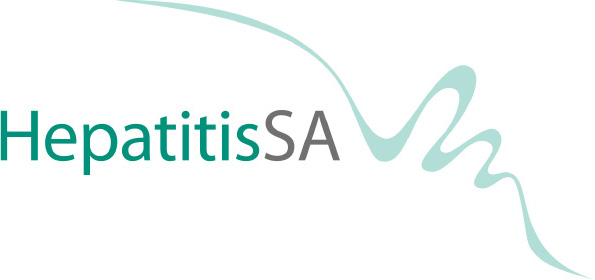The hepatitis A virus is spread when an uninfected (and unvaccinated) person consumes food or water that is contaminated with the faeces of an infected person. Regions with poor sanitation and unsafe drinking water are more likely to experience hepatitis A epidemics.
Hepatitis A can also be transmitted through close physical contact with an infectious person, although casual contact among people does not spread the virus.
People who have been infected by hepatitis A become immune to the virus.
Hepatitis A prevention
Improved sanitation, safe water supplies, food safety and immunisation are key to preventing hepatitis A. Improved personal hygiene practices such as proper hand washing before food preparation is important in situations where proper sanitation and clean water supplies are scarce.
Vaccination
There are several vaccines available for hepatitis A and these are effective in preventing infection. However, there is currently no vaccine licensed for use for children under one year old. Vaccination is recommended for people with other chronic liver diseases.
In South Australia, the SA Health website states that:
-
Hepatitis A vaccine is offered to non-immune household and/or sexual contacts of all cases of hepatitis A who have had contact during the two weeks before, until one week after the onset of jaundice.
If contacts are under one year of age, have suppressed immune systems, have chronic liver disease or for whom vaccine is contraindicated, normal human immunoglobulin can be offered. Immunoglobulin is a solution containing human antibodies, made from blood products. If given within two weeks after exposure, vaccine or immunoglobulin will prevent or decrease the severity of symptoms of hepatitis A.
Contacts (including those given vaccine or immunoglobulin) may remain infectious to others even if they do not develop symptoms themselves and should therefore continue to follow good personal hygiene practices.
- If a person with hepatitis A is a food handler by occupation, vaccine (or immunoglobulin if in one of the groups for whom vaccine is not recommended) should be administered to the other food handlers employed in the same establishment.
- Under certain circumstances vaccine (or immunoglobulin) may be offered to staff and children at child care facilities.
- The hepatitis A vaccine provides protection against hepatitis A infection within two weeks of administration and long-term protection (longer than 10 years) if a booster dose is administered.
SA Health also recommends hepatitis A vaccination for:
- travellers to areas where hepatitis A is common
- Aboriginal and Torres Strait Islander children residing in the Northern Territory, Queensland, South Australia and Western Australia
- those whose occupation may put them at risk of acquiring hepatitis A (those living and working in rural and remote indigenous communities, child day care and preschool personnel, carers of people with intellectual disabilities, health care workers who regularly provide care for Aboriginal and Torres Strait Islander children, plumbers or sewage workers, and sex workers)
- those whose lifestyle may put them at risk of acquiring hepatitis A (injecting drug users and men who have sex with men)
- people with intellectual disabilities
- people chronically infected with either hepatitis B or hepatitis C viruses
- people with chronic liver disease.
In addition, SA Health recommends combined hepatitis A/hepatitis B vaccine for:
- expatriates and long-term visitors to developing countries
- medical, dental and nursing undergraduate students
- men who have sex with men
- sex industry workers
- inmates and staff of long-term correctional facilities
- people who inject drugs
- patients with chronic liver disease and/or hepatitis C
- solid organ transplant recipients
- residents and staff of facilities for people with intellectual disabilities.










